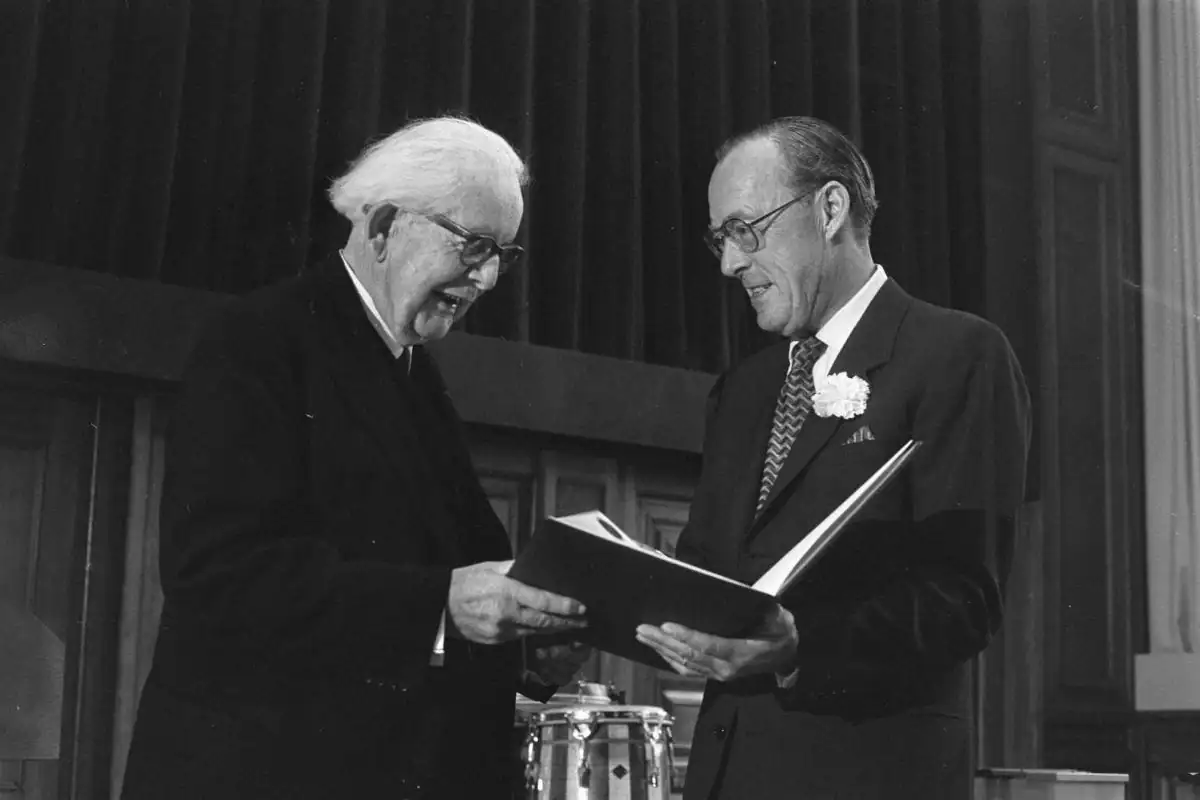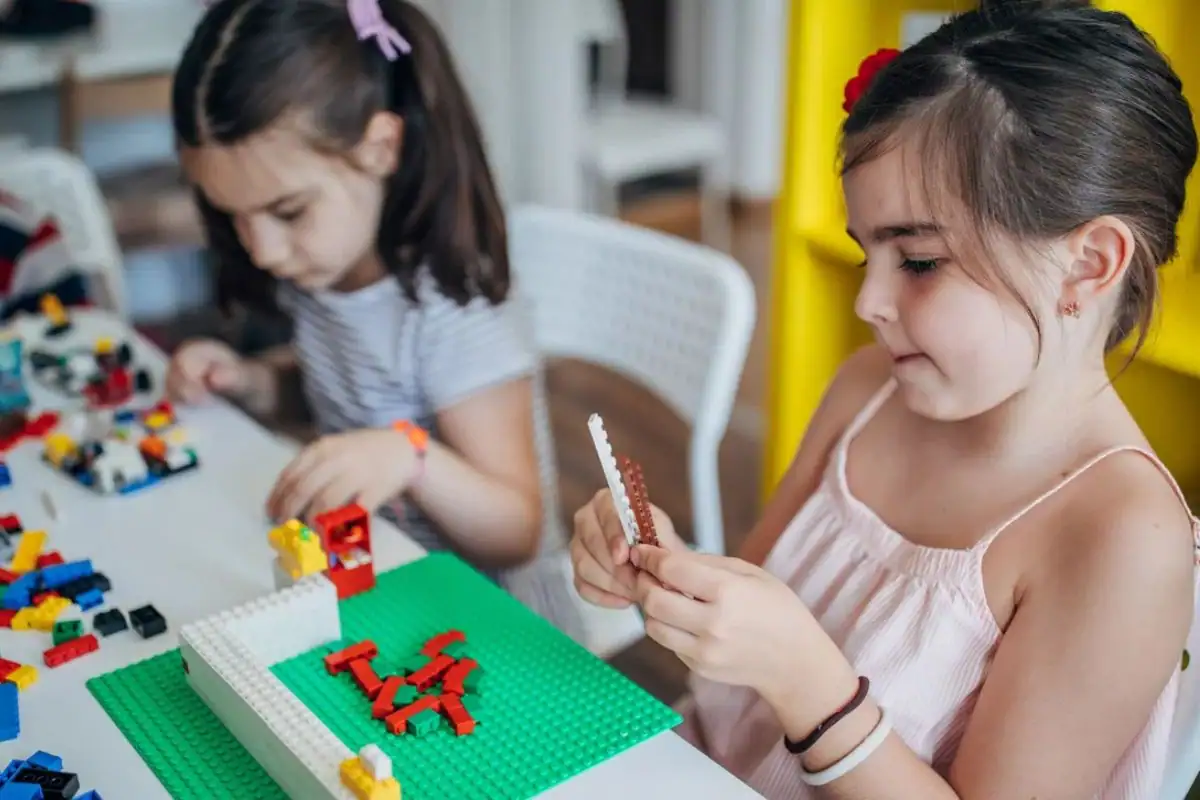Advertisement
Understanding Piaget’s Stages of Cognitive Development
Advertisement
There are many theories that explain how children grow and learn, but Jean Piaget’s approach was groundbreaking. He suggested that children learn like little scientists, constantly exploring and absorbing new knowledge. His theory includes four main stages of cognitive development, starting from birth and continuing into the teenage years. These stages are the sensorimotor stage, preoperational stage, concrete operational stage, and formal operational stage.
Who Was Jean Piaget?
Jean Piaget was a psychologist and genetic epistemologist from Switzerland, born in 1896. By the time he was eleven, he had already written his first scientific paper. While his initial interests were in nature and zoology, he eventually shifted his focus to psychology. Watching his daughter and nephew grow sparked his interest in studying how children think and develop, leading to a theory that has become a cornerstone in understanding childhood cognitive growth.

Advertisement
What Is Piaget’s Theory?
Piaget’s theory proposes that intelligence isn’t something a child just has; it’s something that evolves through specific, measurable stages. Importantly, he argued that young children aren’t less intelligent than older children or adults—they simply think differently. His theory outlines four clear stages of cognitive development, each with unique characteristics, as detailed below.

Advertisement
Stage One: Sensorimotor Stage
The sensorimotor stage begins at birth and lasts until about age two. During this time, babies learn through movements and sensations. Activities like grasping, sucking, looking, and listening help them process information. In this stage, infants start to realize that their actions can create changes in the world around them. They also learn about object permanence—the understanding that objects still exist even when they can’t see them.

Advertisement
Stage Two: Preoperational Stage
The preoperational stage occurs from ages two to seven. At this stage, children begin to develop language skills and think symbolically. They use words and pictures to represent objects, although their thinking remains concrete and somewhat limited. Kids in this phase are usually self-centered and have difficulty seeing things from another person’s point of view. This stage marks a significant shift in cognitive growth as children start using their imagination more.

Advertisement
Stage Three: Concrete Operational Stage
The concrete operational stage typically occurs between ages seven and eleven. This is when children start to use logic to think about actual events. One key development during this stage is understanding the concept of conservation. For example, they realize that the amount of water stays the same whether it’s in a wide, short glass or a tall, slender one. While their thinking becomes more organized, it’s still tied to concrete experiences. They also begin to develop the ability to reason and predict outcomes.

Advertisement
Stage Four: Formal Operational Stage
Starting at age twelve and extending into adolescence, the formal operational stage marks the development of abstract thinking. Teenagers in this stage can think about hypothetical problems and use logic to understand complex concepts. They begin to consider moral, ethical, social, and political issues, which require abstract reasoning. This stage allows for deductive reasoning and problem-solving skills that can be applied to both real and theoretical situations. Planning for the future also becomes a significant aspect of their thought process.

Advertisement
Clarifications About Piaget’s Theory
Piaget emphasized that cognitive development isn’t just about gaining more knowledge as children grow. Instead, it’s about how they change the way they think and understand the world. This means it’s a qualitative process, not just quantitative. A child’s intelligence isn’t based solely on how much information they’ve absorbed; it’s about the evolution of their thinking process over time.

Advertisement
How Piaget’s Theory Transformed Psychology
Before Piaget introduced his theory, many psychologists and researchers believed that children were just smaller, less intelligent versions of adults. They often underestimated children’s cognitive abilities. Piaget’s research showed that childhood is an essential period for cognitive development, with children’s brains being just as capable as adult brains, but in different ways. This revelation significantly changed how psychologists viewed and studied children’s development.

Advertisement
The Broad Impact of Piaget’s Theory
Piaget’s work didn’t just influence psychology; it had far-reaching effects across many fields. Education, linguistics, sociology, science, and even evolutionary biology were impacted by his findings. His stages of development offered a framework that reshaped how people thought about learning and mental growth. Today, many theories in these fields build upon the foundation laid by Piaget.

Advertisement
Criticisms of Piaget’s Theory
Like any significant theory, Piaget’s work has its critics. Some argue that his research was limited because he primarily observed his own children and those from higher socioeconomic backgrounds. This might mean his findings didn’t fully represent children from different backgrounds or with varied access to resources. Even so, many of Piaget’s core ideas have stood the test of time, as researchers continue to find value in his observations.

.png)




